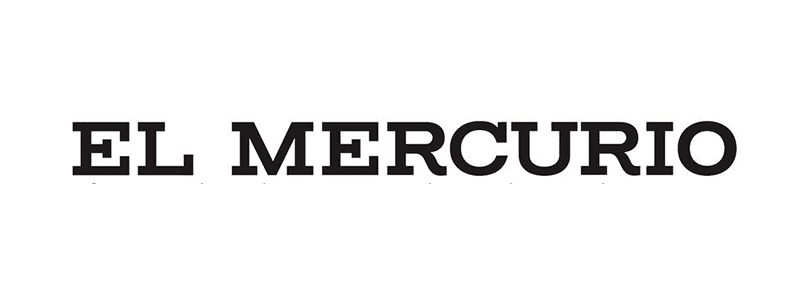The modifications introduced by the Economic Crimes Law highlight, among other issues, the importance of having robust corporate governance within companies.
The sanctioning consequences incorporated by the law, such as the establishment of a special penalty determination regime for crimes that are classified as economic, the existence of a catalog of aggravating circumstances that especially affect front-line executives, the restriction of common mitigating circumstances In the case of crimes classified as economic – some of which could be configured after the crime was committed – they not only suffer from constitutional defects, but also directly impact the way in which the commission of crimes should be prevented in the context of corporate governance. .
Some even, after the entry into force of this law for the regime of natural persons, have raised the point about the importance of having criminal lawyers advisors on the boards. But while these issues matter, it is also necessary to consider various other variables when defining what will drive the board to guide its actions in compliance with the law.
This situation imposes new challenges for corporate governments. On the one hand, the question about the mission, vision and values of companies make sense when the emphasis is placed on the criminal threat; and on the other hand, directors should have – at least – adequate advice in certain situations in which there are relevant risks for them and for the organization.
Remaining permanently trained, knowing and receiving proper advice in situations that may involve personal risks or for the company is especially relevant when new crimes are incorporated into the criminal liability of the legal entity, highlighting its importance with respect to personal criminal liability, considering that the majority of these crimes already existed in our legal system. The above, in short, promotes one of the points intended by the law: the generation of a true culture of compliance based on a risk management system.
A robust and properly established corporate governance structure should lay the foundation for transparent and accountable management. Thus, the link with compliance becomes evident when our objective is to promote a business culture rooted in integrity and regulatory compliance, strengthening the trust of investors, clients, collaborators and society as a whole.
Por Francisca Franzani, Compliance Group board and Loreto Hoyos, Criminal Litigation Group director




